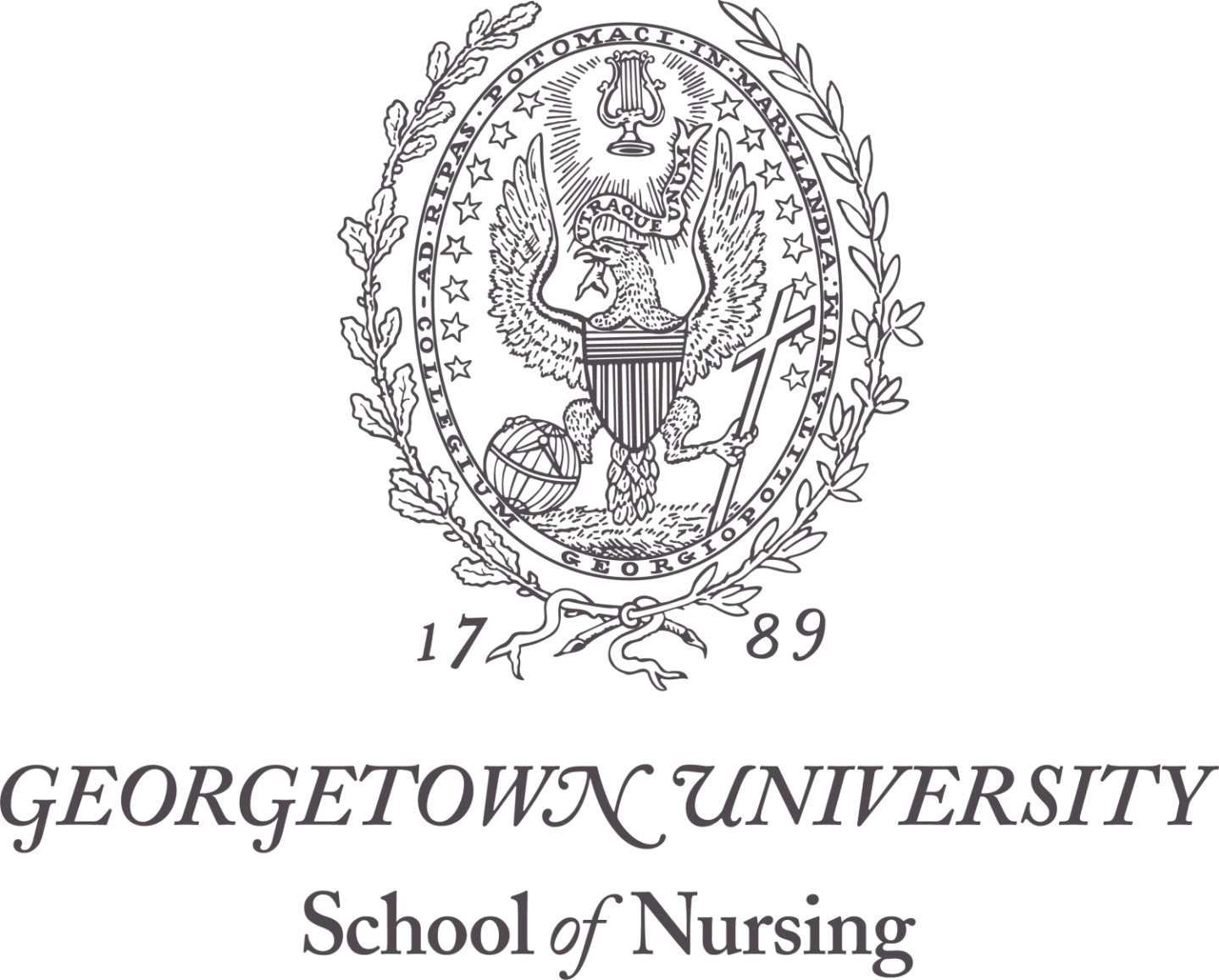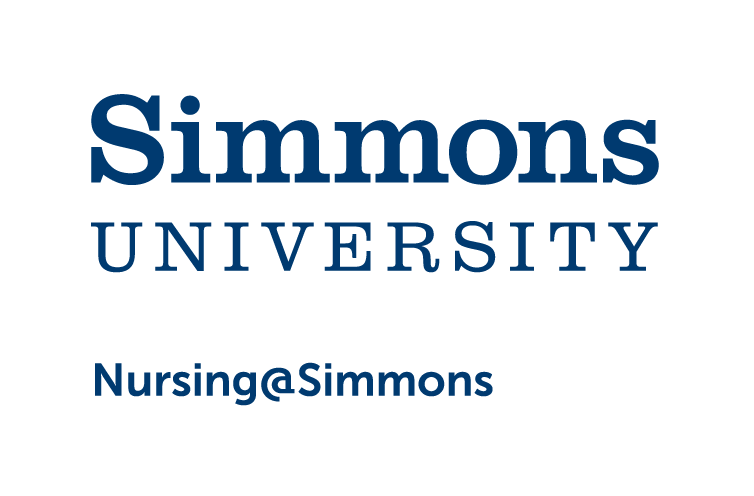Students who enroll in an online master’s degree program in nursing (MSN) will have the chance to gain specialized expertise, expand their knowledge base, advance their career, and earn more money—all with the added flexibility of remote learning. While many online MSN programs require incoming students to have a bachelor’s degree in nursing (BSN), some top-ranked online MSN programs don’t require this type of prerequisite.
To help explain the process for locating and applying to these programs, Fortune spoke to experts at two institutions, with programs tailored to two different types of nursing students. Here’s what they told us prospective students should know if they don’t hold a bachelor’s degree in nursing when applying to an MSN program.
The basics: Identifying a program
Applicants should first verify that the institution they apply to is authorized to conduct distance learning in the state where they reside by checking the institution’s licensure and certification disclosure to see if their state is eligible.
School admissions specialists can often help prospective students navigate that process. “Typically, our admissions counselors will swoop in and find out what’s happening with the student and then let them know about the state authorization, approval or not approval,” explains Karen Daley, dean of the Dr. Susan L. Davis, RN, & Richard J. Henley College of Nursing at Sacred Heart University.
Prospective MSN students should look for programs accredited by the Commission on Collegiate Nursing Education (CCNE) and should typically count on needing a current, unencumbered registered nurse (RN) license (one that’s not on probation, monitoring, suspension, and/or doesn’t have any other type of limitation). And while most programs have a minimum suggested GPA listed, experts stress that the admissions process takes a holistic view of applicants.
“We look at their GPA, we have a written essay students have to complete and we also review their CV,” which gives admissions officers a better sense of the applicant’s relevant work experiences, according to Jessica Simmons, assistant dean of students in the University of Central Florida (UCF) College of Nursing.
“We take into account a variety of different activities,” Simmons says about UCF’s online MSN program. “It’s not tailored for the seasoned nurse to have a higher advantage over, for example, a new graduate.”
It is also crucial to know that different RN-to-MSN programs have different educational requirements. The options available for licensed RNs will vary by their highest level of education—whether it be an associate’s degree, nursing diploma, or bachelor’s degree.
RNs with a non-nursing bachelor’s degree
For registered nurses who already have a bachelor’s degree in something other than nursing, a direct RN-to-MSN program like UCF’s can speed up the time it takes to complete a master’s degree. It also allows for more specialization than a BSN program.
“I think going directly into an MSN program as opposed to doing an RN-to-BSN program, is the choice of having a specialization,” says Ayanna Lopez, director of graduate academic advising at UCF’s College of Nursing. “You’re able to already use that time and credits and investment into going back to school into a targeted career path.”
At the University of Central Florida’s online RN-to-MSN program, registered nurses with a bachelor’s degree in something other than nursing take three prerequisite courses and then begin one of three tracks: Nurse educator, nurse leadership, or nursing and healthcare simulation. Credit hours range from 31 to 35 for these degrees, but the clinical hours—which are part of all MSN degrees—vary from 60 hours for health simulation to 315 for the degree in nursing leadership and management.
Clinical hours ensure students get hands-on experience with a skilled preceptor in their area of specialization. For online students, this means they will need to find a willing preceptor near their community.
“For the most part, students are able to secure a placement in their place of employment,” says Lopez. That said, to avoid any conflicts of interest, these experiences should not be conducted under their current supervisor or within their current unit, she adds.
RNs without a bachelor’s degree
While most online RN-to-MSN programs are aimed at students who hold some type of bachelor’s degree, some institutions have programs tailored to RNs whose highest degree is an associate’s degree in nursing or a nursing diploma.
Sacred Heart University’s RN-to-BSN-to-MSN online program, for example, allows students to earn a bachelor’s in nursing on the way to a master’s degree in nursing education, nursing management, and executive leadership—or as a clinical nurse leader. Because it includes undergraduate coursework, the regular pathway takes 147 credit hours, though students can transfer in up to 90 credits.
The pathway to pursuing an MSN is increasingly popular for registered nurses.
“I think that post-pandemic there are a lot of people who are working at the bedside that really have now discovered that they want to do something at a higher level,” says Daley, of Sacred Heart. “This program takes somebody who has an associate degree and gives them that pathway, a shortened time to degree and shortened cost.”
Additionally, because four BSN courses also apply to the MSN, students can save time and money. That’s important, as returning to school can be a big expense, and not all workplaces offer tuition assistance.
“Most RNs get tuition reimbursement for going back to school, but it’s limited. Hospitals will supply maybe $5,000 per year and then some hospitals cap it,” says Daley. “So that piece of shortening time to degree and decreasing the cost of your education is really key for people moving forward.”
Finally, another upside is that BSN-level nurses are increasingly in-demand as more hospitals seek Magnet Recognition from the American Nurses Credentialing Center, which recognizes hospitals for high standards and outcomes.
See how the schools you’re considering fared in Fortune’s rankings of the best master’s degree programs in nursing, computer science, cybersecurity, psychology, public health, business analytics, and data science, as well as the best doctorate in education programs, and part-time, executive, full-time, and online MBA programs.







